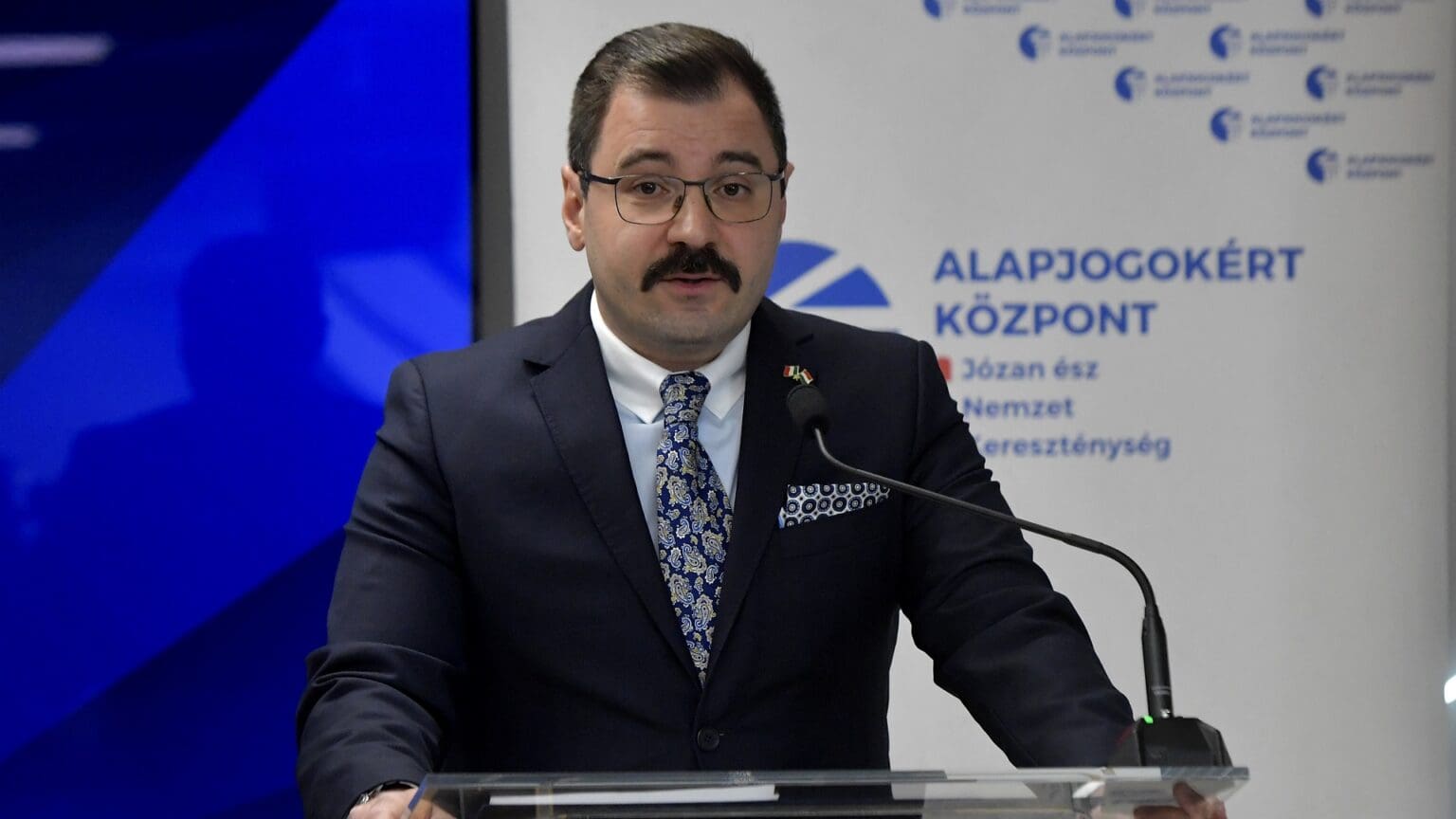
Miklós Szánthó, head of the Center for Fundamental Rights, claims Hungary’s right-wing government is under coordinated attack from a globalist elite that sees the 2026 elections as crucial for pushing Ukraine’s EU accession and centralizing power in Brussels.

A severe storm swept through Hungary on Monday, triggering more than 2,200 emergency fire service responses by early evening. The worst-hit areas included Budapest, Pest, and several counties in southern and eastern Hungary.
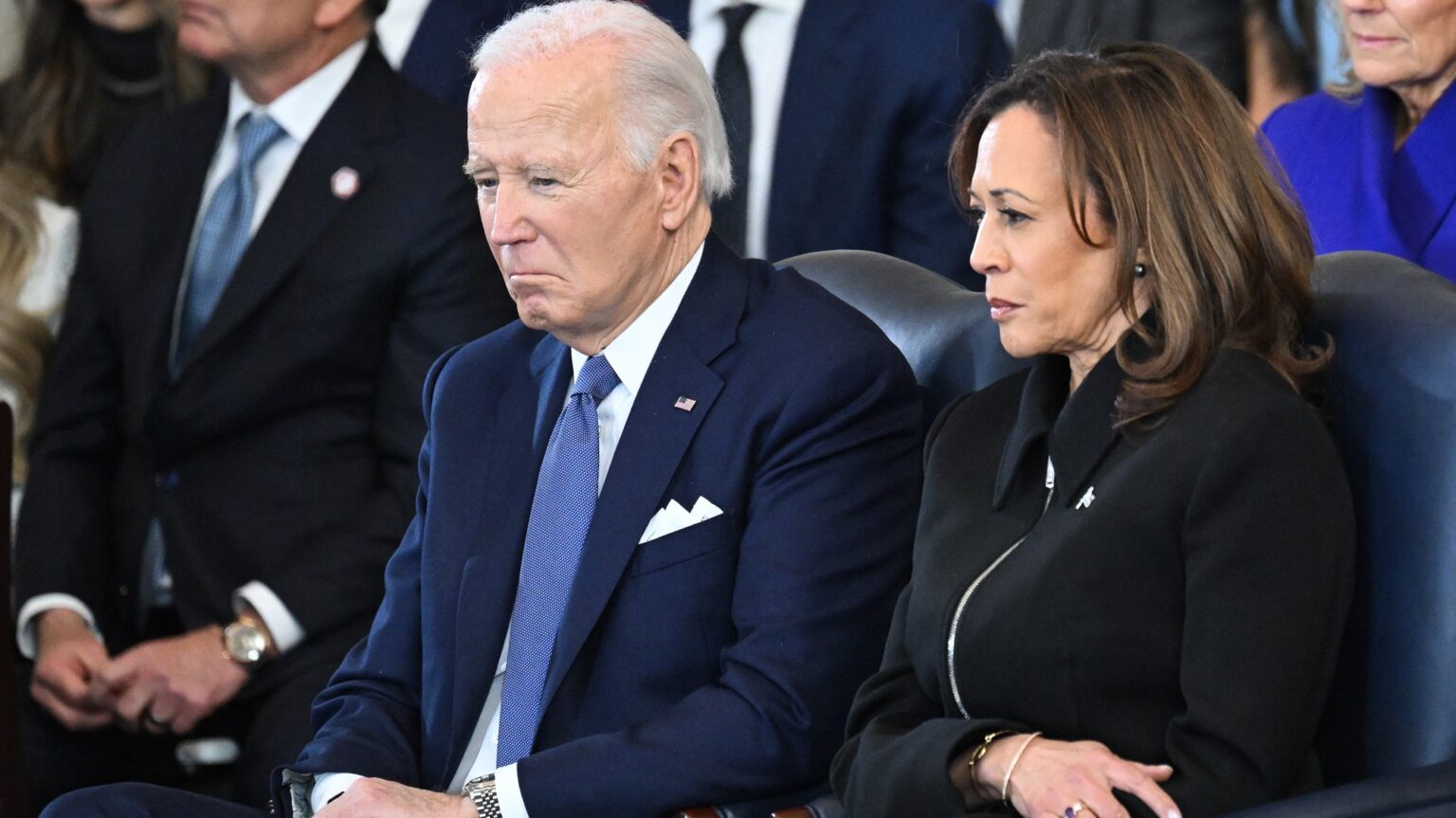
On 4 July, former US Vice President Kamala Harris posted a celebratory photo on X of herself and her husband watching some fireworks—only for users to discover that she had cropped out President Joe Biden and First Lady Jill Biden from the original picture. What’s behind the awkward move?
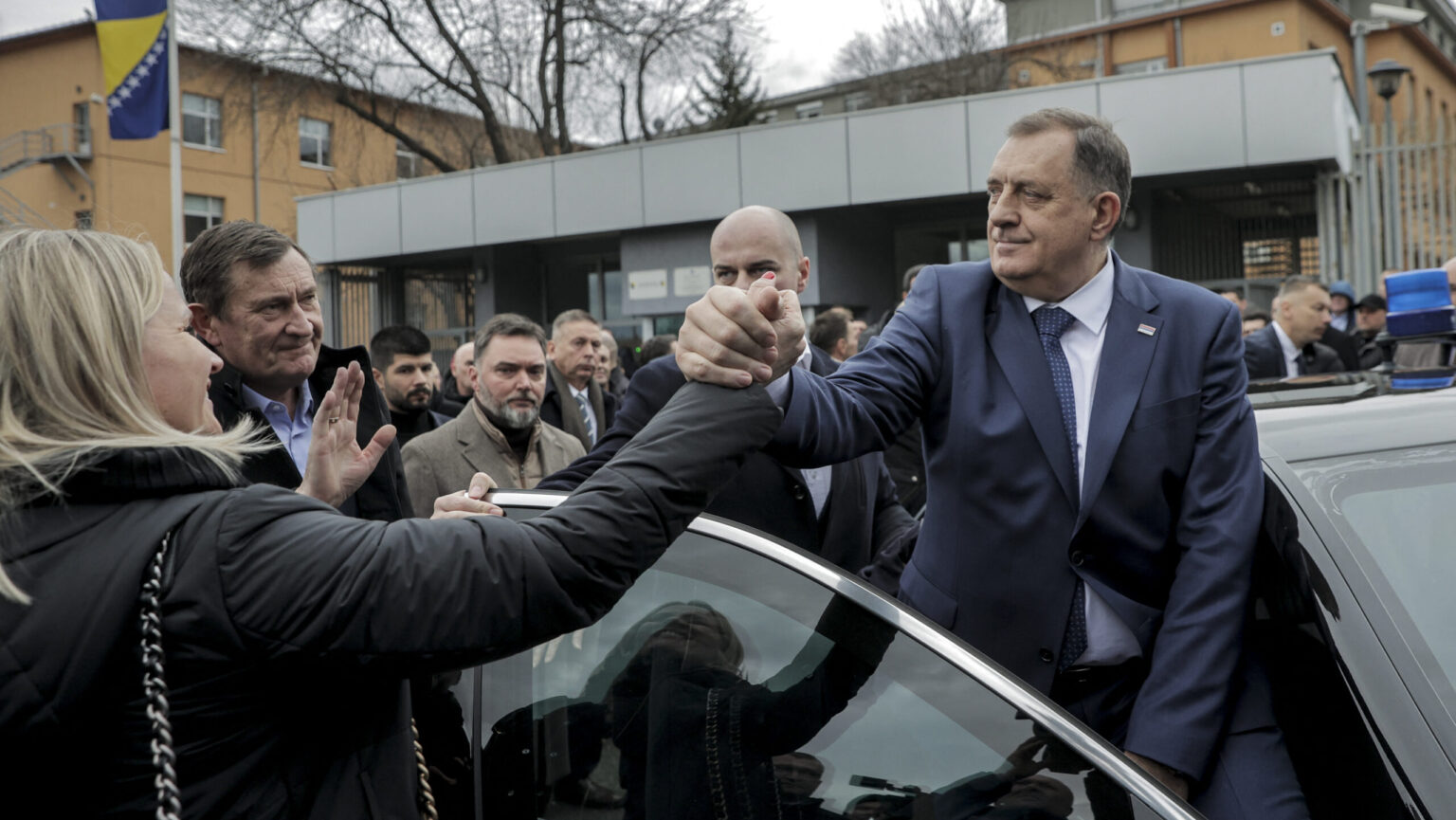
The Court of Bosnia and Herzegovina has lifted both the federal and international arrest warrants issued against Republika Srpska President Milorad Dodik in March. The decision, a significant development in the years-long struggle between federal institutions and Dodik, has been interpreted very differently across the Balkan state.
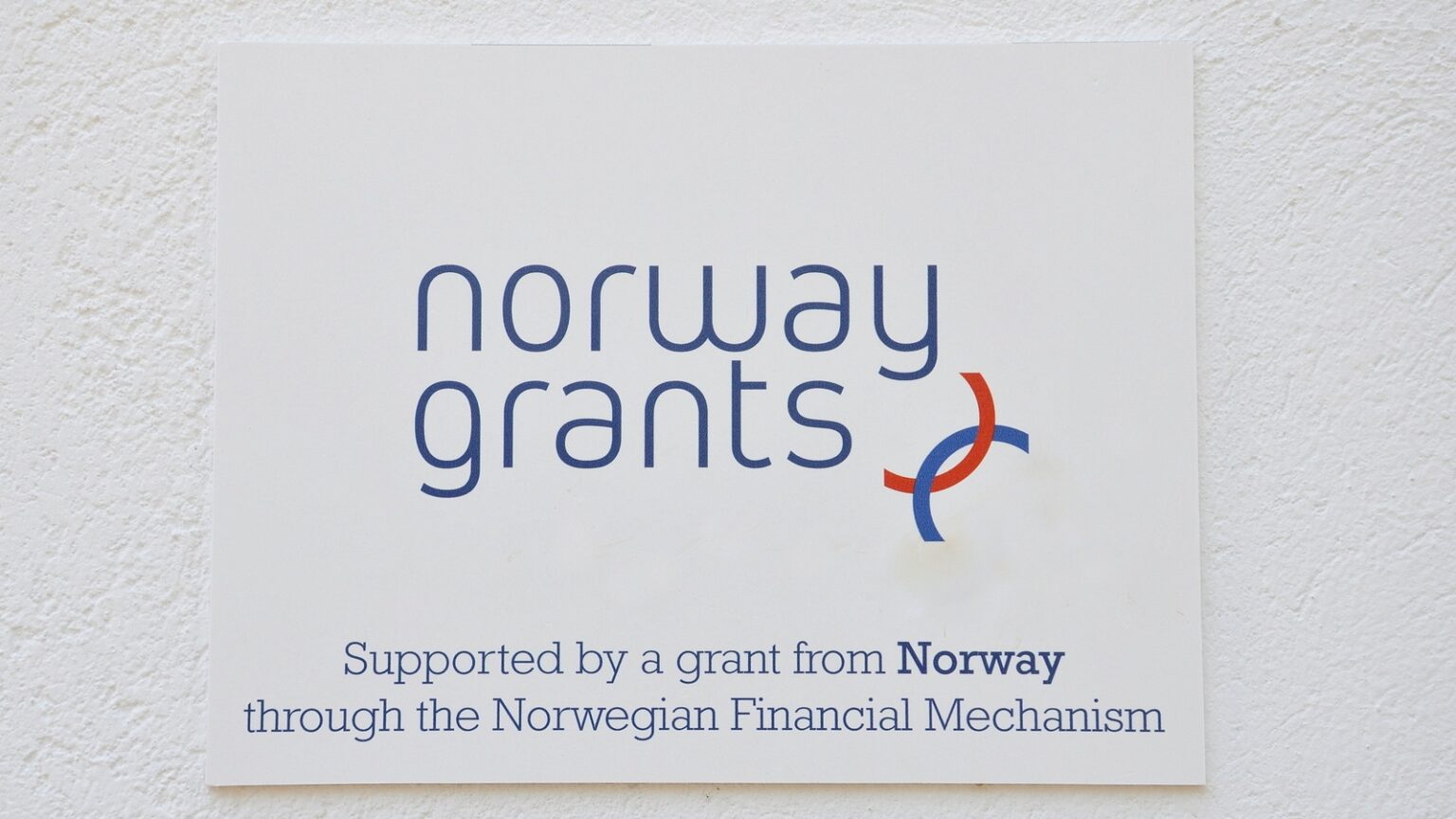
The Norway Grants pulled out of Hungary in 2014 after the non-profit organization in charge of allocating its funds, the Environmental Partnership Foundation, had been accused of political bias by the Orbán government. After over a decade, the Norway Grants are returning to Hungary, partnering with the same group yet again—Balázs Orbán has shared his concerns over the matter.

Hungary’s government renewed its strategic partnership with the national Civil Guard, aiming to strengthen rural life, enhance public safety, and support environmental protection efforts across the countryside, the agriculture minister announced.

Hungarian astronaut Tibor Kapu, currently aboard the International Space Station, called his journey ‘a divine experience’ and highlighted Hungary’s major role in the Axiom-4 mission during a live press briefing from orbit.

Following a temporary price spike due to the Iran–Israel conflict, fuel prices in Hungary have dropped below the regional average again, with both petrol and diesel now cheaper than in neighbouring countries, according to official data.

‘Today, it [Hungary] functions as a crucial entry point for the West into the Turkic Silk Road and can offer a platform for deeper engagement and economic collaboration. With its established partnerships and extensive experience, Hungary is well-positioned to help other Western countries effectively engage with the dynamic and increasingly growing Turkic market.’

Hungary is expanding its military muscle as Minister of Defence Kristóf Szalay-Bobrovniczky announced the addition of 56 Gidrán combat vehicles, raising the fleet to 106. Developed jointly with Türkiye, these versatile armoured vehicles boast advanced protection and weaponry.

The Ministry of National Economy has announced in a press release that the government’s Hungarian Village Programme, which has been operating since 2023, will provide state-owned, unused real estate to towns of 5,000 or fewer people.
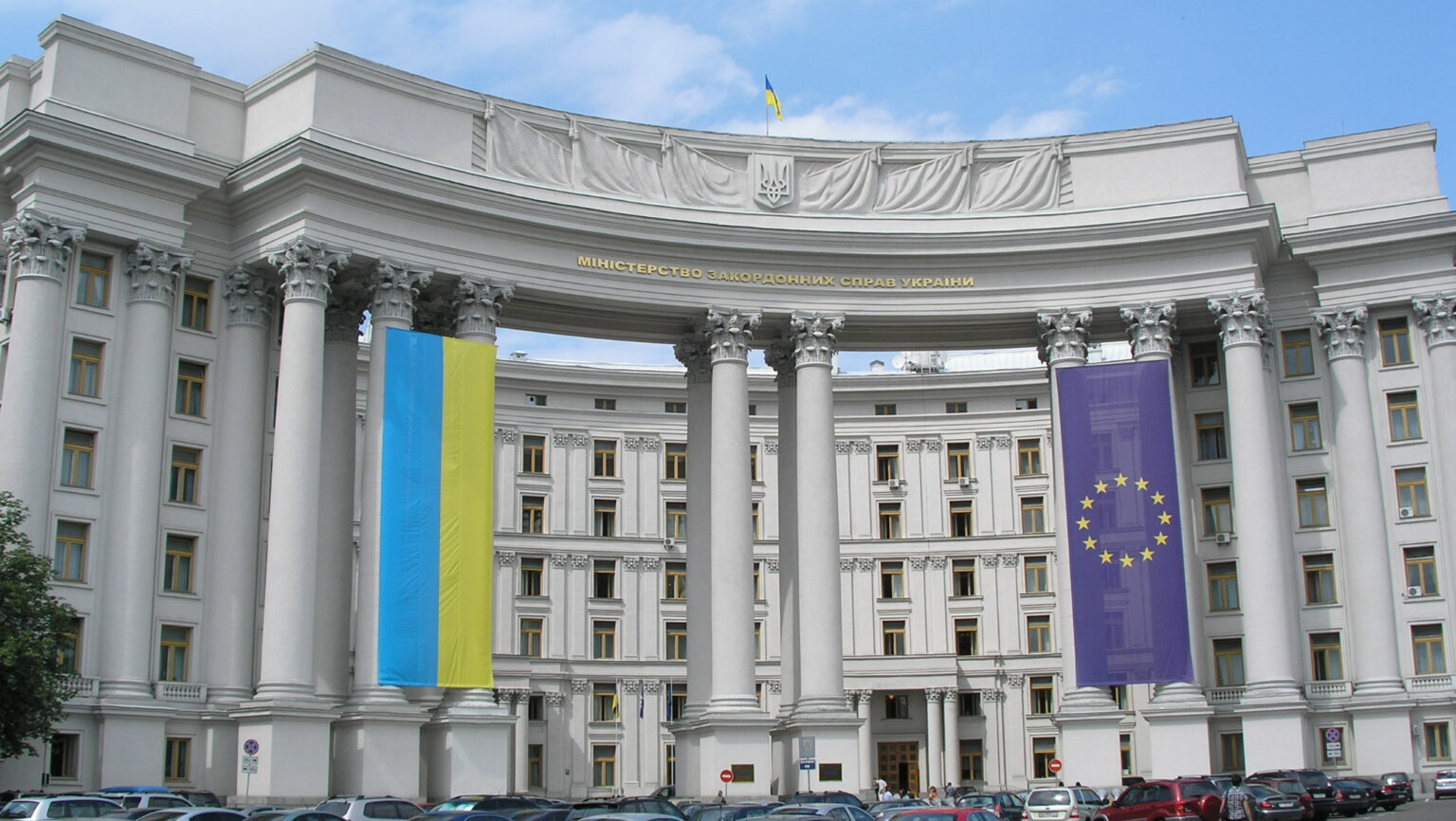
In the latest sign of deteriorating relations, Ukraine’s Ministry of Foreign Affairs has summoned Hungarian Ambassador to Kyiv Antal Hejzer in response to an advertising campaign portraying Hungarian opposition leader Péter Magyar as the ‘Hungarian Zelenskyy’. Ukraine’s EU accession is increasingly becoming a central topic in the electoral campaign for Hungary’s 2026 parliamentary election.
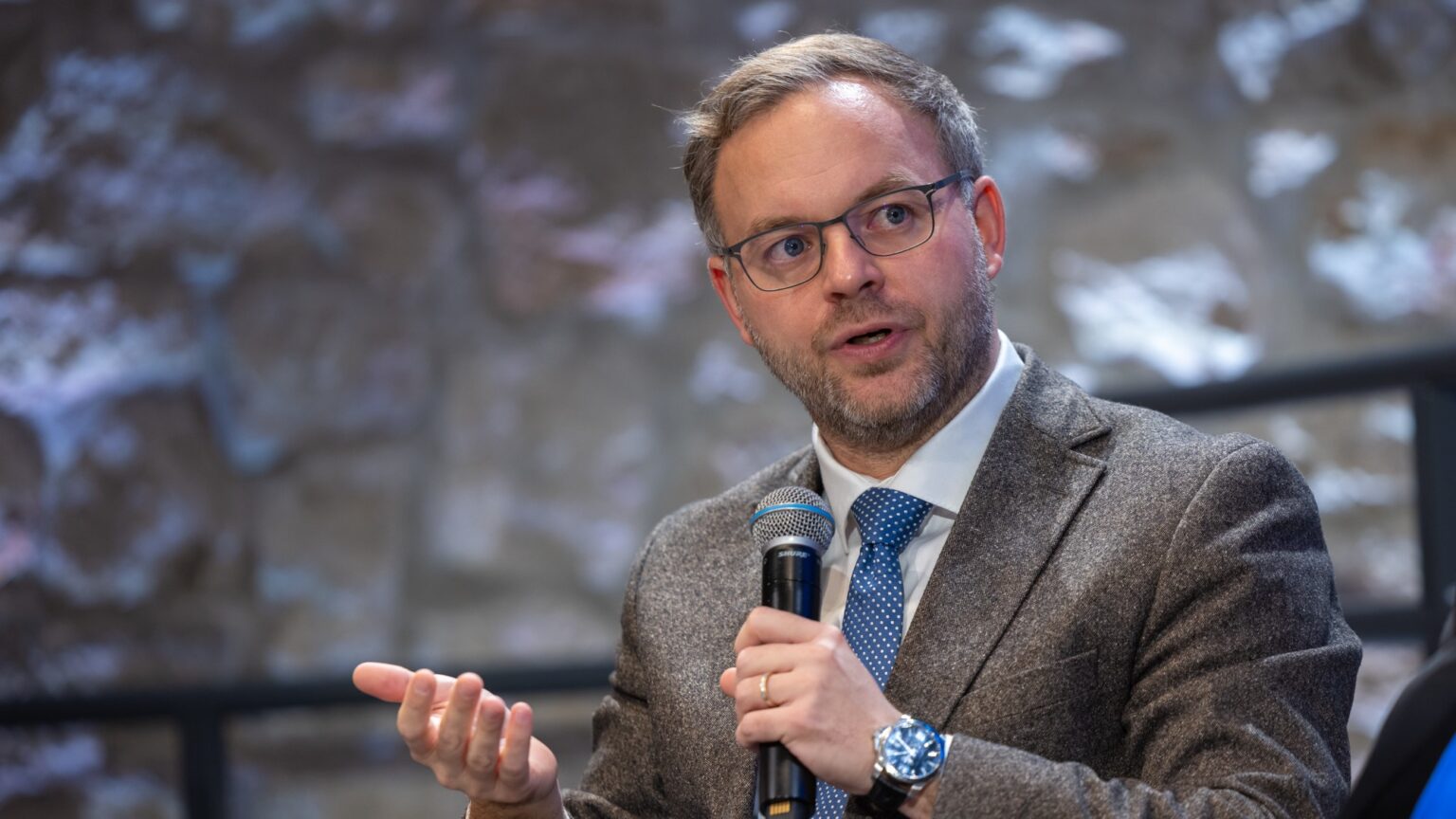
Hungary’s Political Director Balázs Orbán criticized an EU–Ukraine trade agreement that could flood the EU market with cheap Ukrainian agricultural products, warning it would severely hurt Hungarian farmers and create unfair competition.

Prime Minister Viktor Orbán voiced strong opposition to Ukraine’s EU accession, warning it would cripple Hungary’s economy. In a radio interview, he criticized Brussels’ pressure and emphasized the government’s commitment to protecting Hungarian interests.
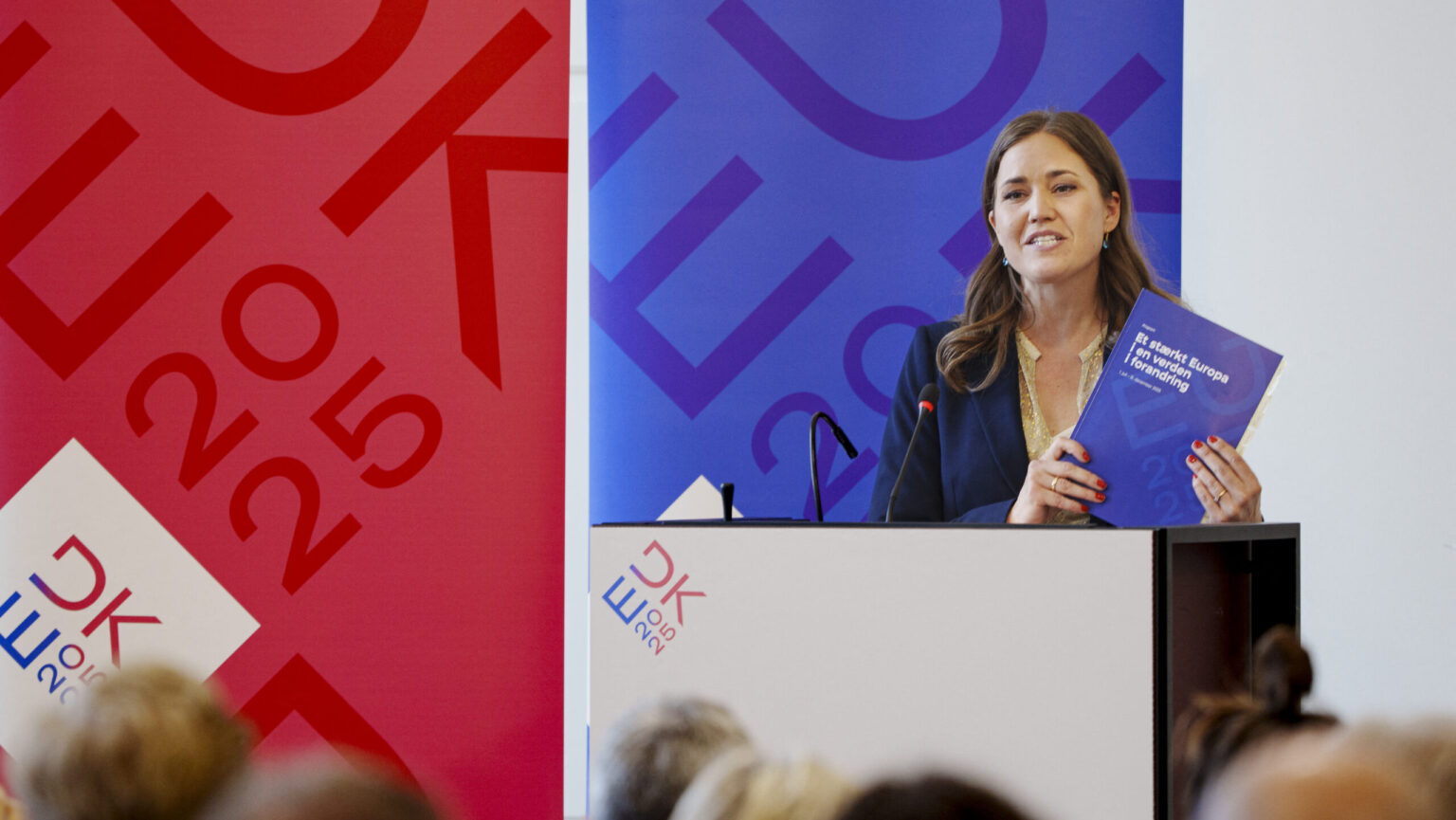
Taking over the rotating presidency of the Council of the European Union, Denmark has promised to exert maximum pressure on Hungary to lift its veto on Ukraine’s EU accession. However, looking back over recent years, there have been several similar threats against Viktor Orbán’s government, and Copenhagen does not have anything new to bring to the table either.

Hungary has recorded its lowest number of registered jobseekers since the political transition, with the government crediting targeted support programmes and reaffirming its focus on Hungarian workers rather than diverting funds to Ukraine.
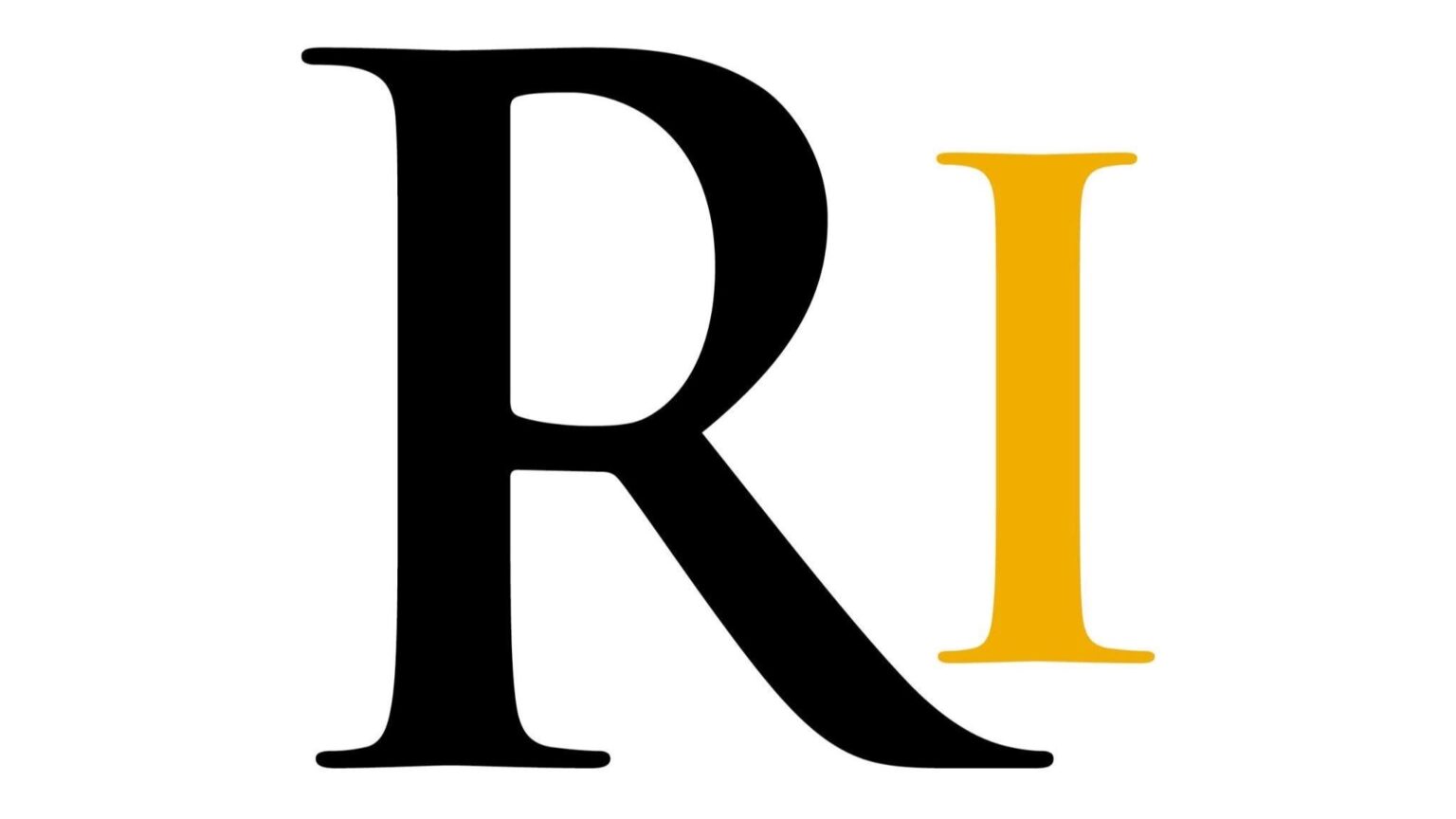
‘The new website aims to bring Hungarian history closer to an international audience, with a strong emphasis on historical accuracy, nuanced perspectives, and a narrative free from political influence. The initiative is unique in its kind: Rubicon’s English-language site is not merely a translation of the Hungarian content, but a carefully curated collection tailored for global readers…’
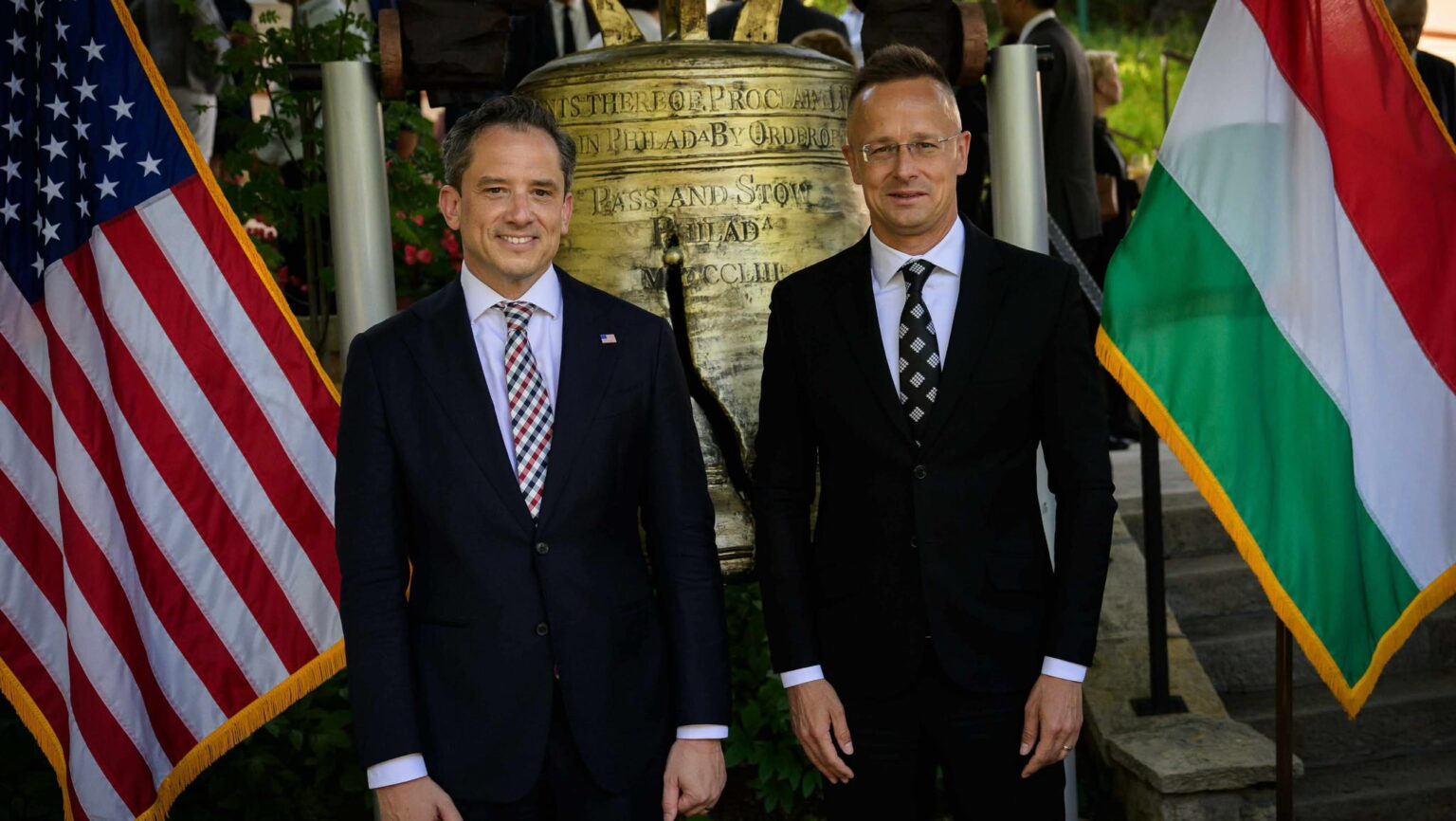
‘The principles of “America first” and “Hungary first” give us the opportunity to elevate our friendship to a level where the sky is the limit,’ Péter Szijjártó highlighted in his speech at the US Embassy reception held on Wednesday to mark American Independence Day.
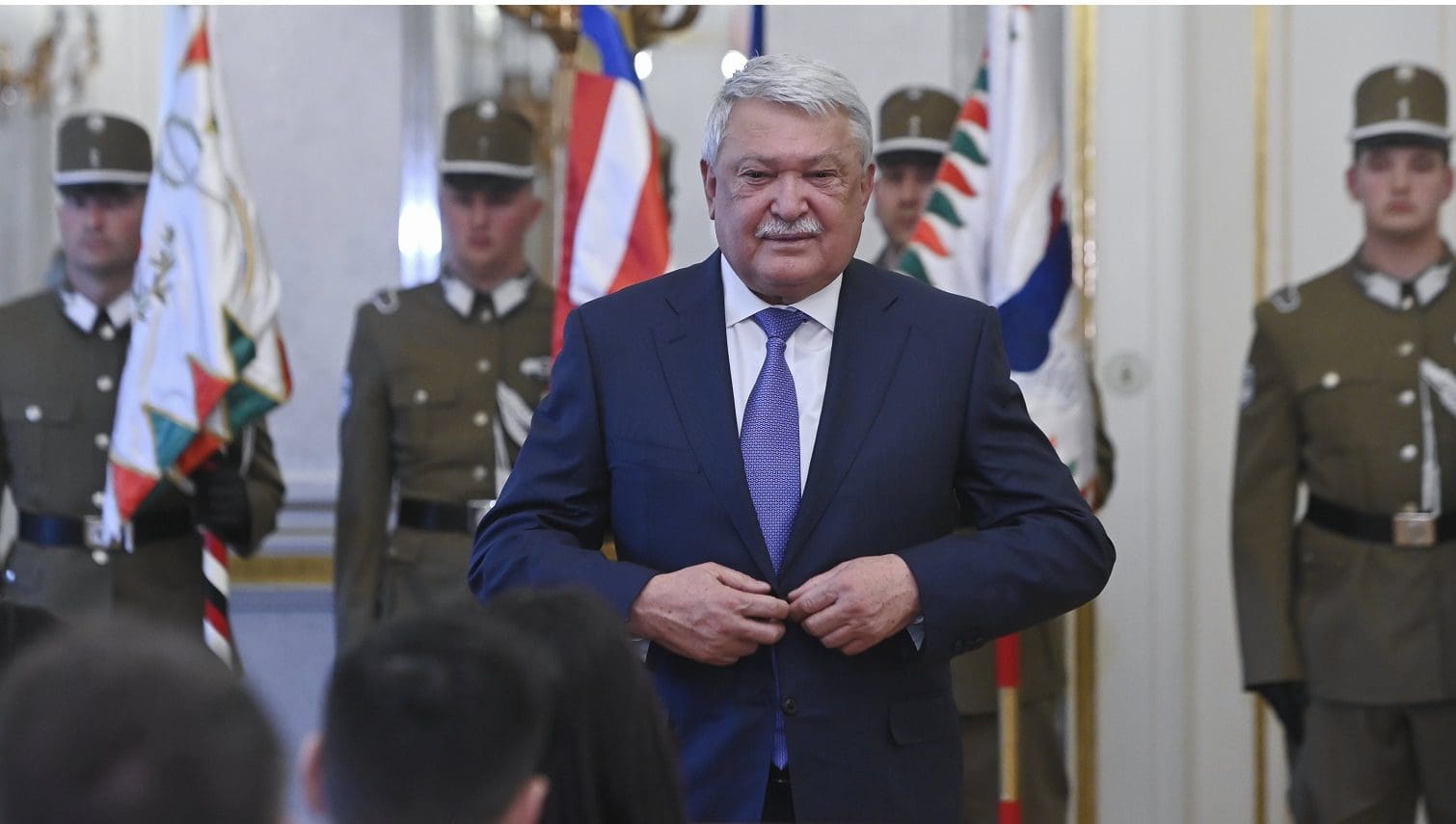
Hungarian Football Association (MLSZ) Chairman Sándor Csányi told to the Hungarian sports daily Nemzeti Sport about key topics, including the men’s national team’s potential World Cup qualification, the Champions League final held in Budapest next year, and the new rule that dictates Hungarian clubs have to play at least five domestic players per game to get funding.

There is no deforestation in Hungary, declared State Secretary for Forests and Land Affairs Péter Zambó, rejecting public allegations. Forests are being renewed, not destroyed—under strict legal supervision and with a focus on sustainability, he said in a video statement.
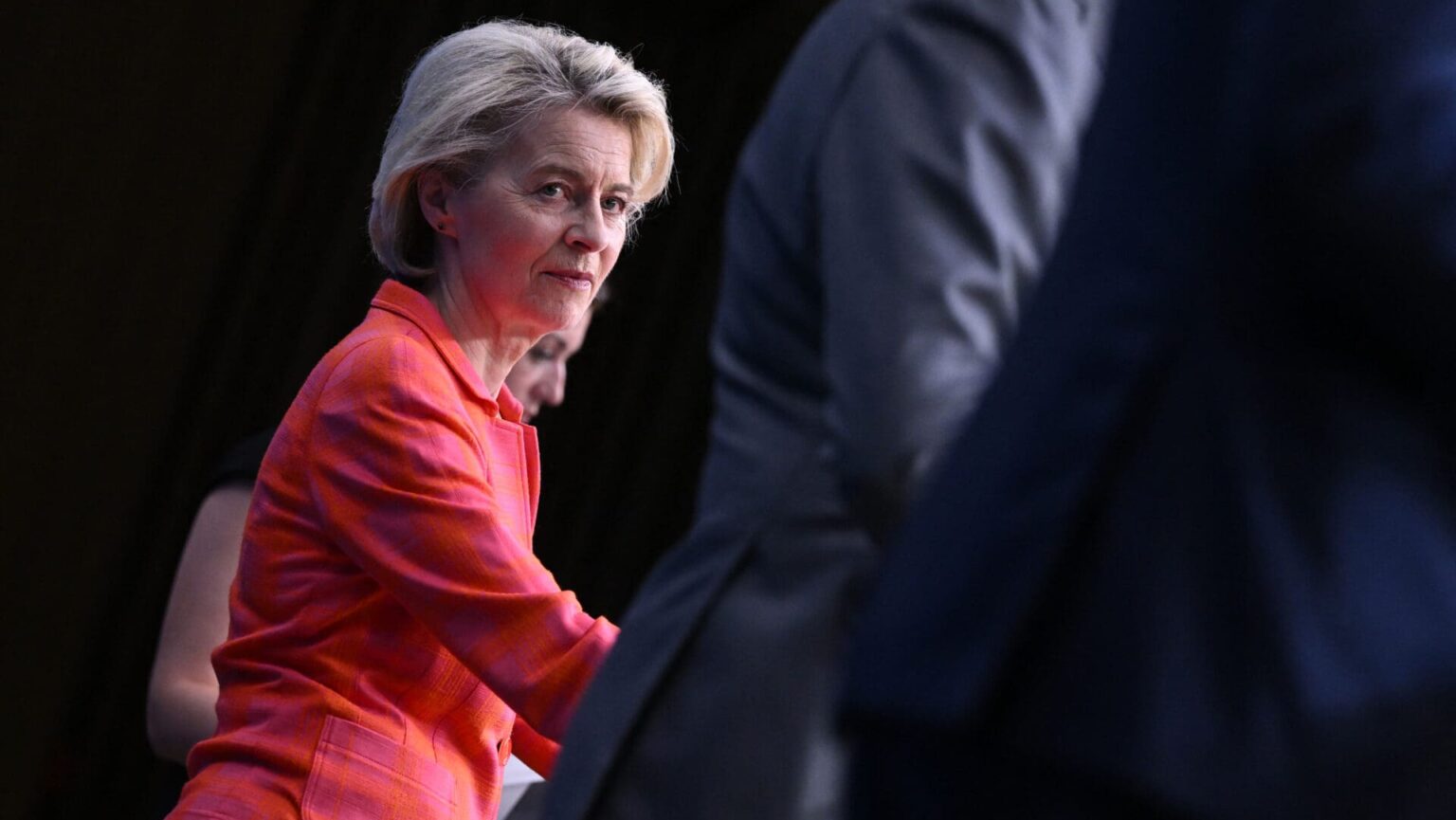
The European Parliament will debate and vote next week on a no-confidence motion against European Commission President Ursula von der Leyen, triggered by criticism over undisclosed vaccine-related messages with Pfizer’s CEO during the COVID-19 pandemic.

Hungarian Prime Minister Viktor Orbán has unveiled a new discounted loan scheme offering first-time homebuyers up to HUF 50 million at a fixed 3 per cent interest rate for up to 25 years, aiming to curb rural migration and help families enter the housing market amid rising property prices. The programme applies nationwide with no age limit and requires only a 10 per cent down payment.
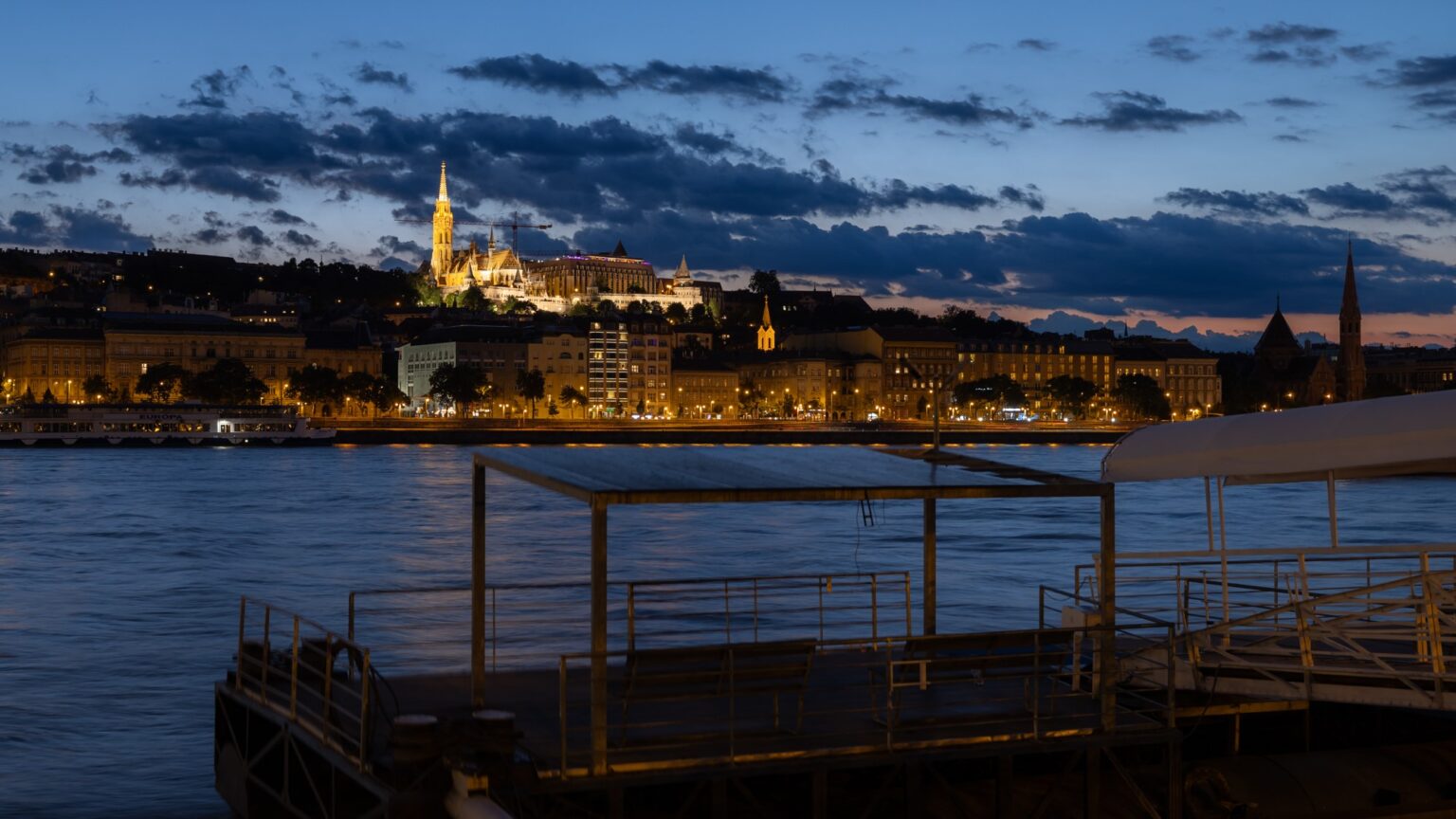
Due to global economic uncertainty, central banks in both Europe and the US have raised their inflation forecasts and cut growth expectations. Hungary, however, anticipates modest growth this year, supported by strong domestic consumption and a stable banking sector.

As of 1 July 2025, the US Agency for International Development (USAID) has ended all of its operations, with the remaining programmes continuing under the State Department’s oversight. Political Director to the Hungarian Prime Minister Balázs Orbán welcomed the decision, emphasizing its significance in reducing foreign interference against sovereignist governments.
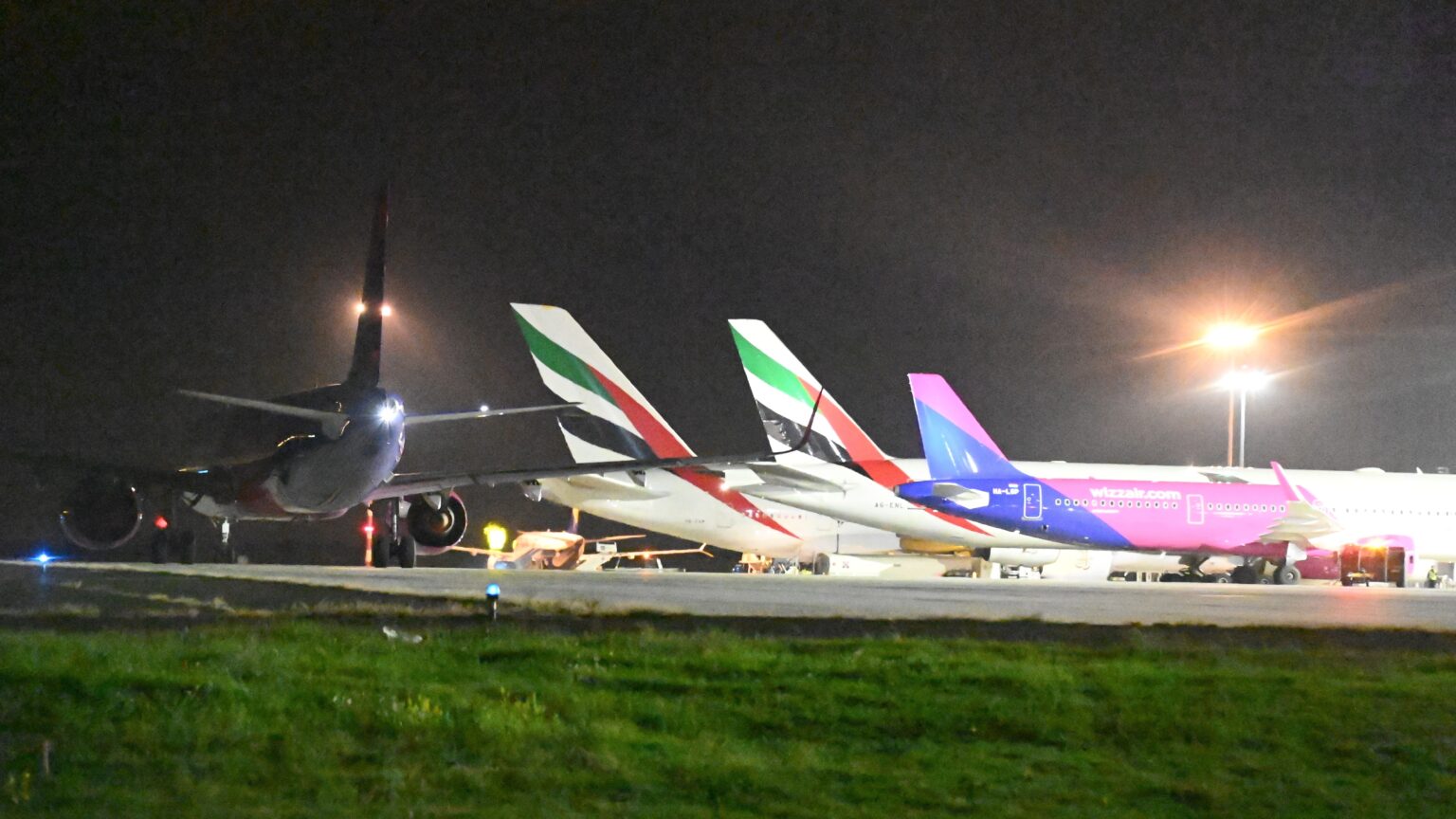
Air traffic in Hungary is booming, with Budapest Airport reporting a 14 per cent increase and overflight traffic rising 6 per cent since last year. HungaroControl highlights the country’s growing tourism appeal and increased traffic due to the Ukraine conflict.
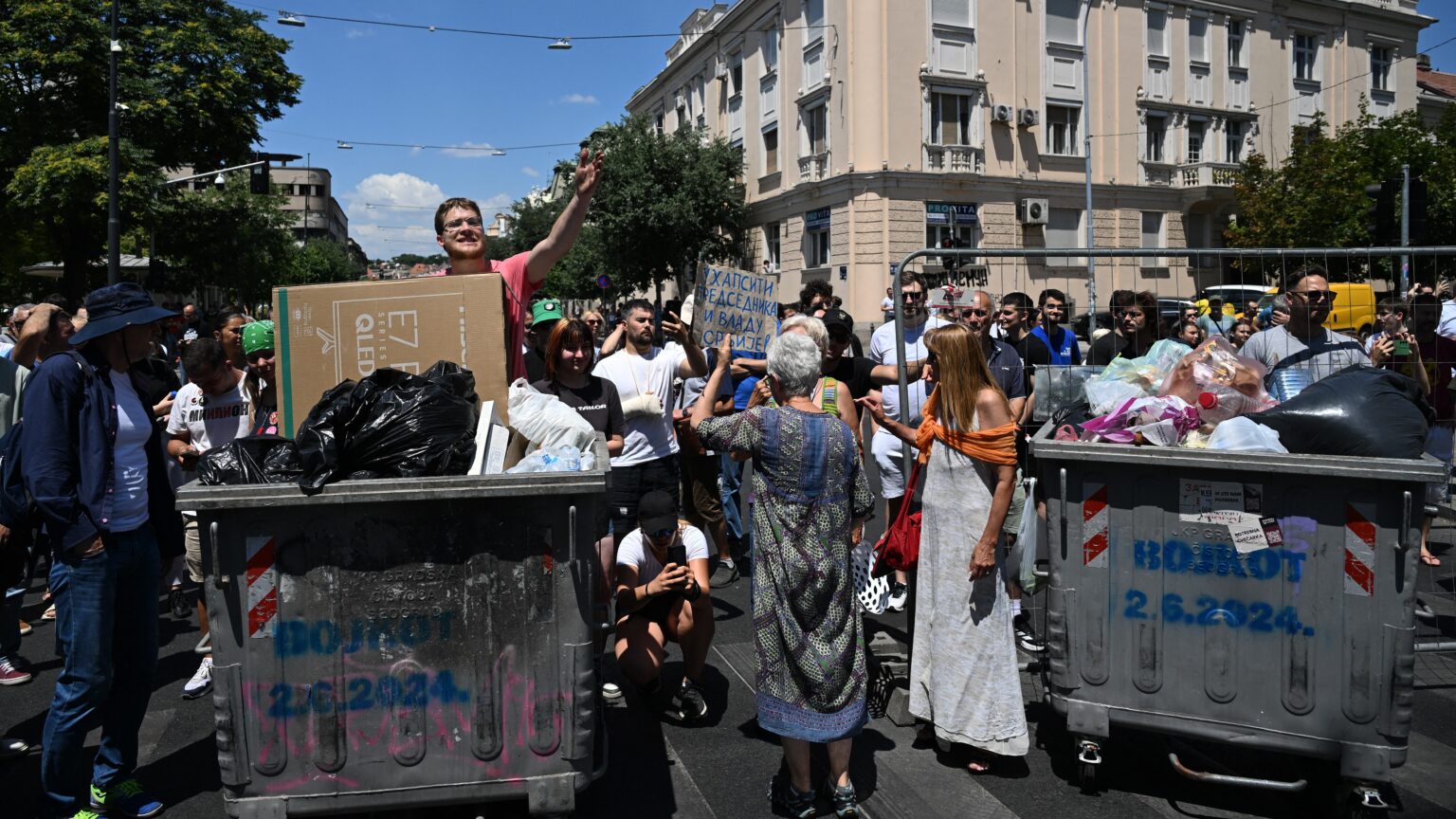
Protests in Serbia have continued since November, sparked by a deadly infrastructure collapse and growing anger at President Vučić’s government. As the EU backs protesters and withholds aid, Hungary defends Vučić, denouncing the movement as a foreign-backed attempt to destabilize the region.
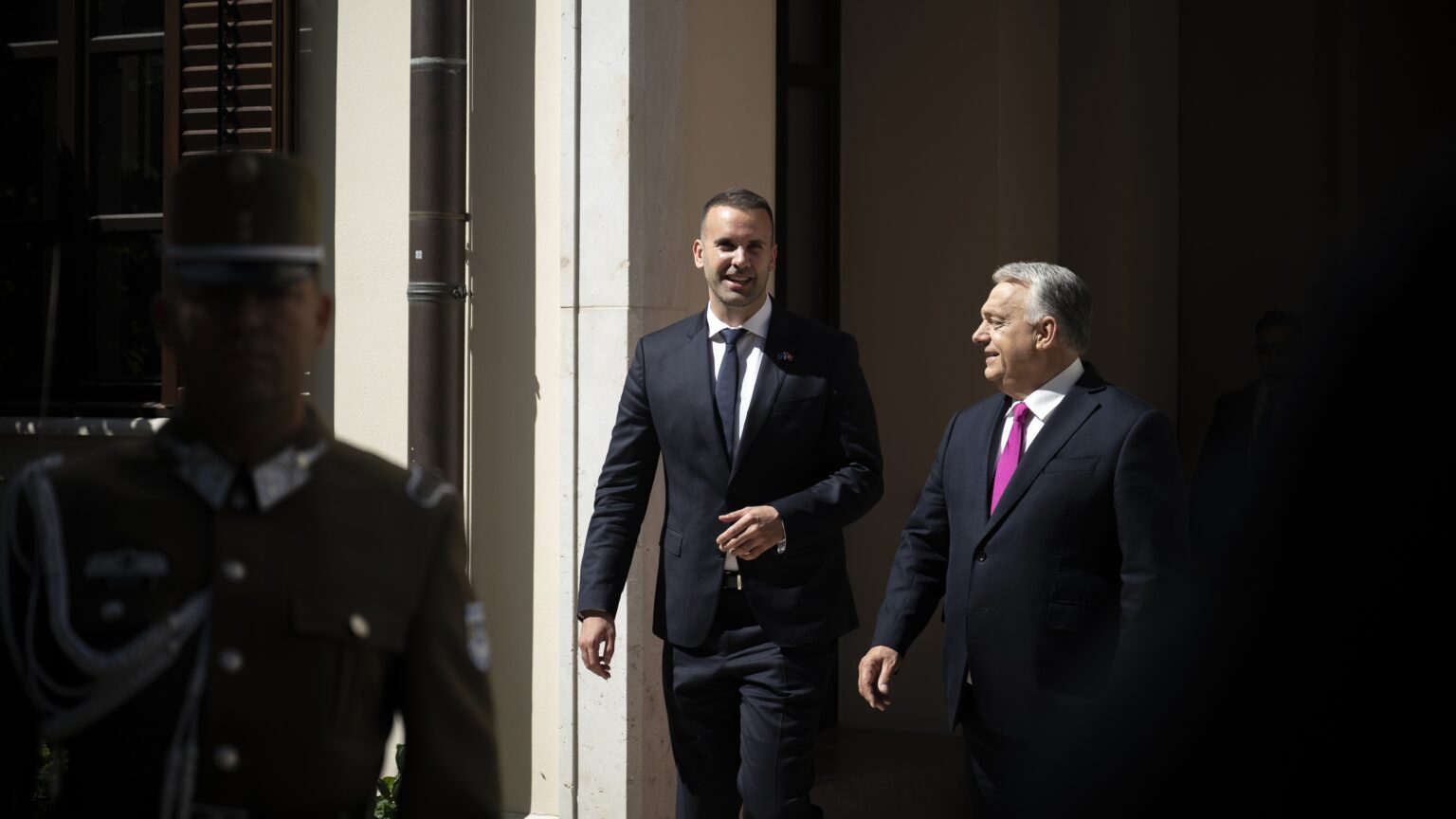
Hungarian Prime Minister Viktor Orbán called Montenegro a ‘key country’ and reaffirmed Hungary’s support for its EU membership. Meeting with Montenegrin PM Milojko Spajić in Budapest, the leaders signed cooperation agreements in infrastructure and telecoms.
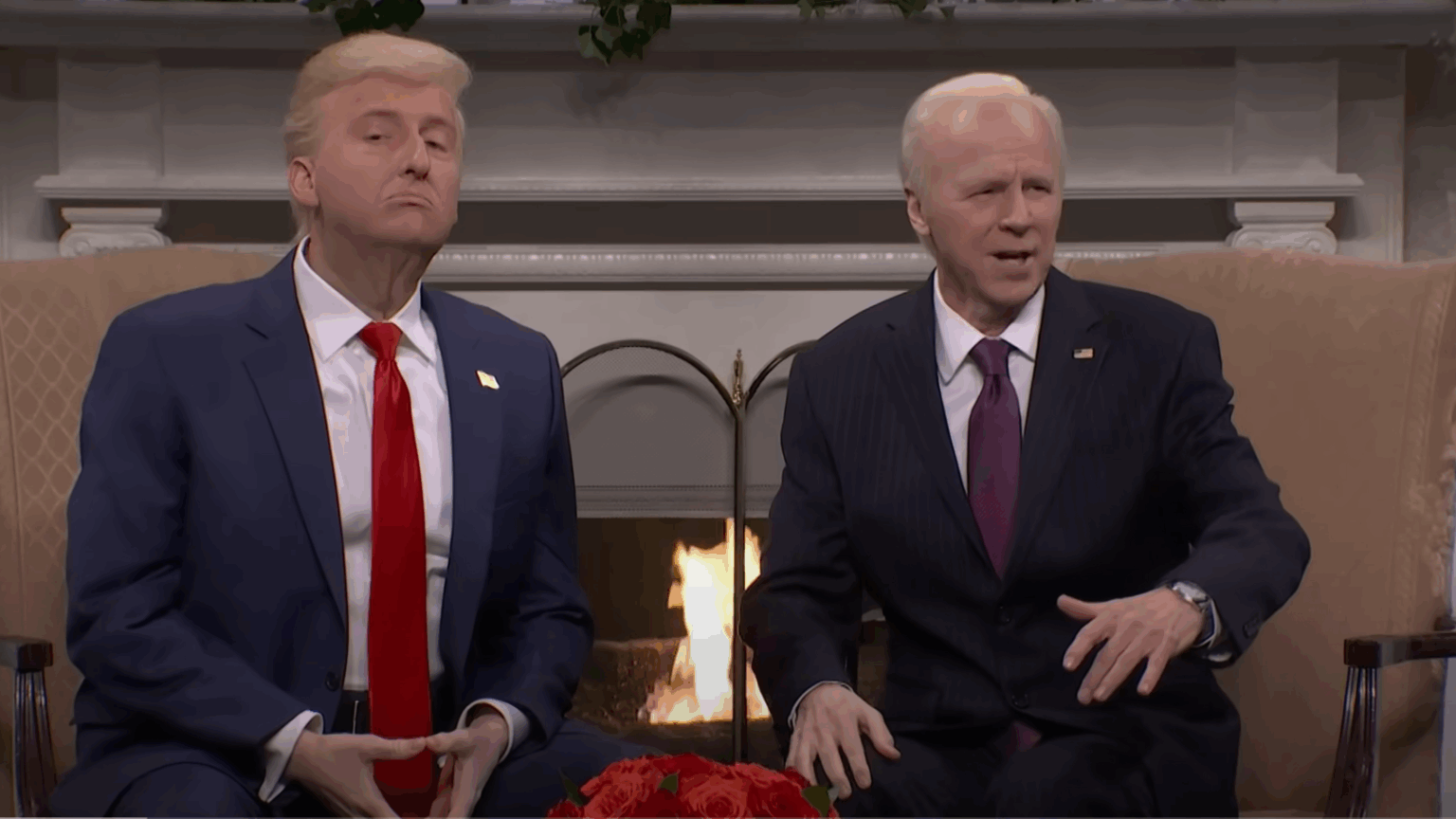
In a recent podcast appearance, comedian Dana Carvey admitted that he avoided being too harsh on President Biden with his impression of him on Saturday Night Live, since it was obvious that the former POTUS was ‘compromised mentally’.

A record number of young people have applied to the Mathias Corvinus Collegium’s free talent programmes, prompting an extension of the University Programme application deadline to 4 August. Interest spans from primary school to university-level courses.

To curb unjustified price hikes, Hungary’s government and the pharmaceutical sector have agreed to voluntarily cap prices on 44 popular over-the-counter and prescription medicines until mid-2026, aiming to protect families and pensioners.

Hungarian Conservative is a quarterly magazine on contemporary political, philosophical and cultural issues from a conservative perspective.